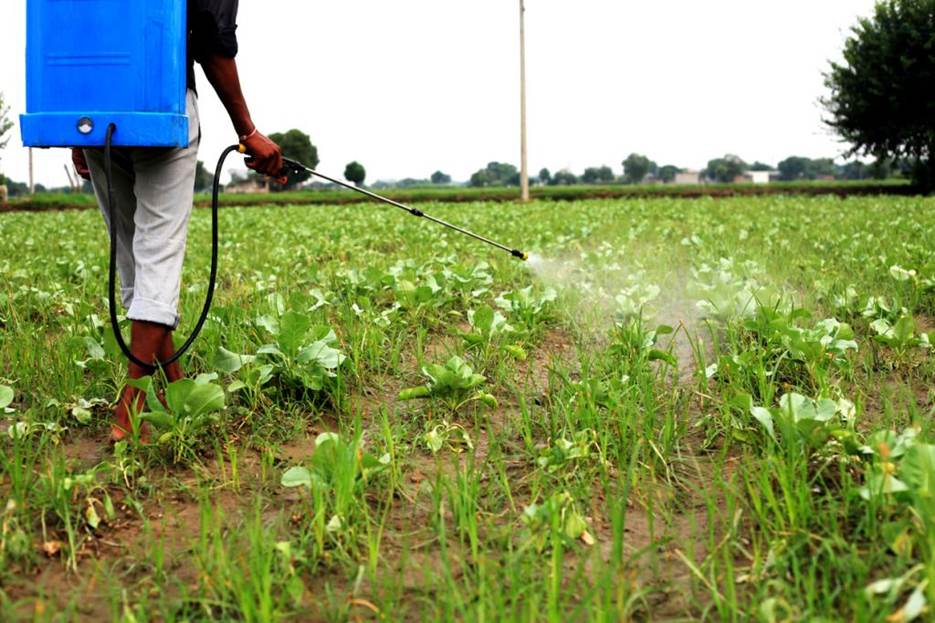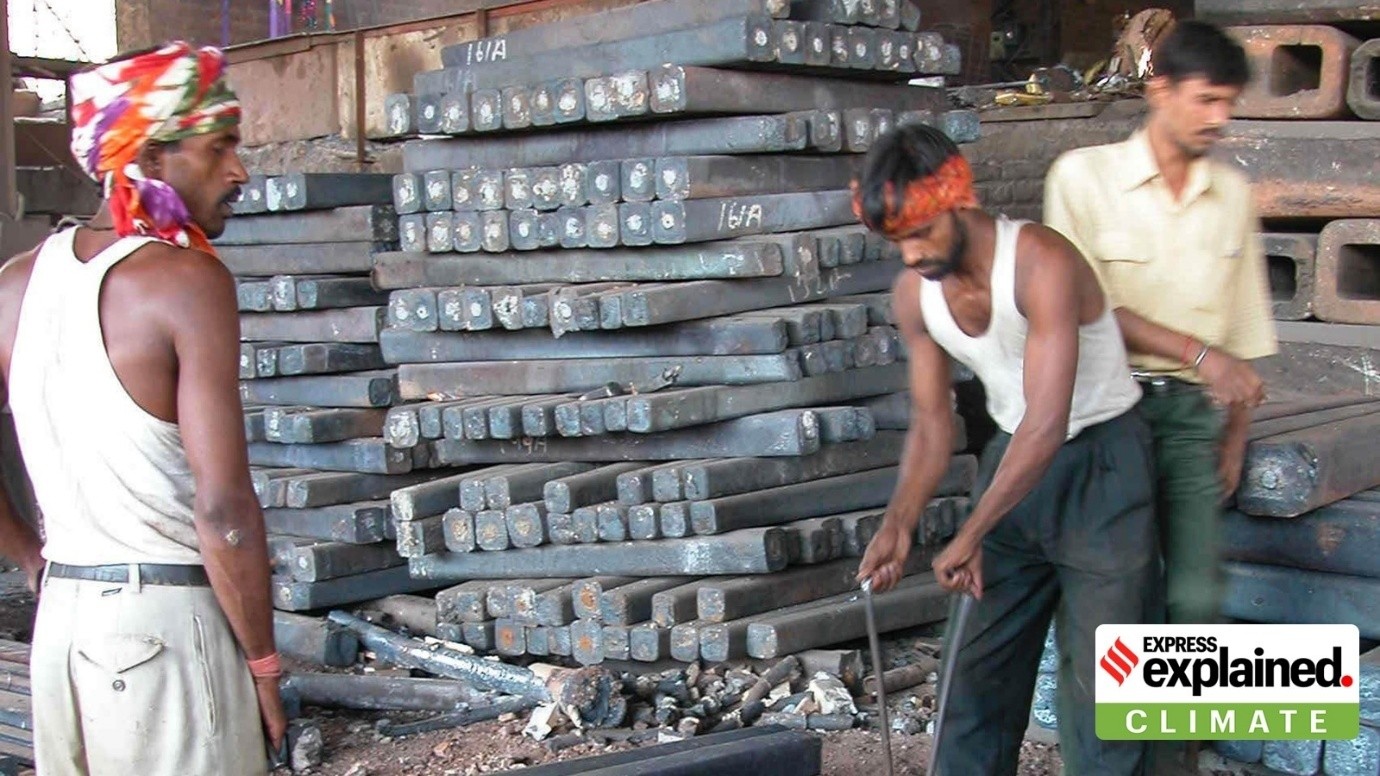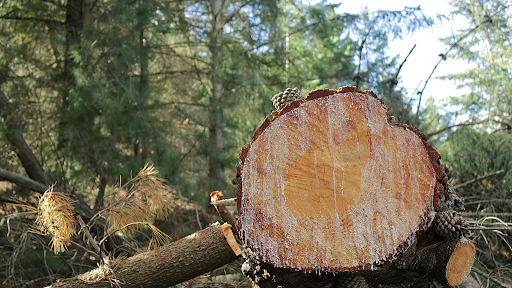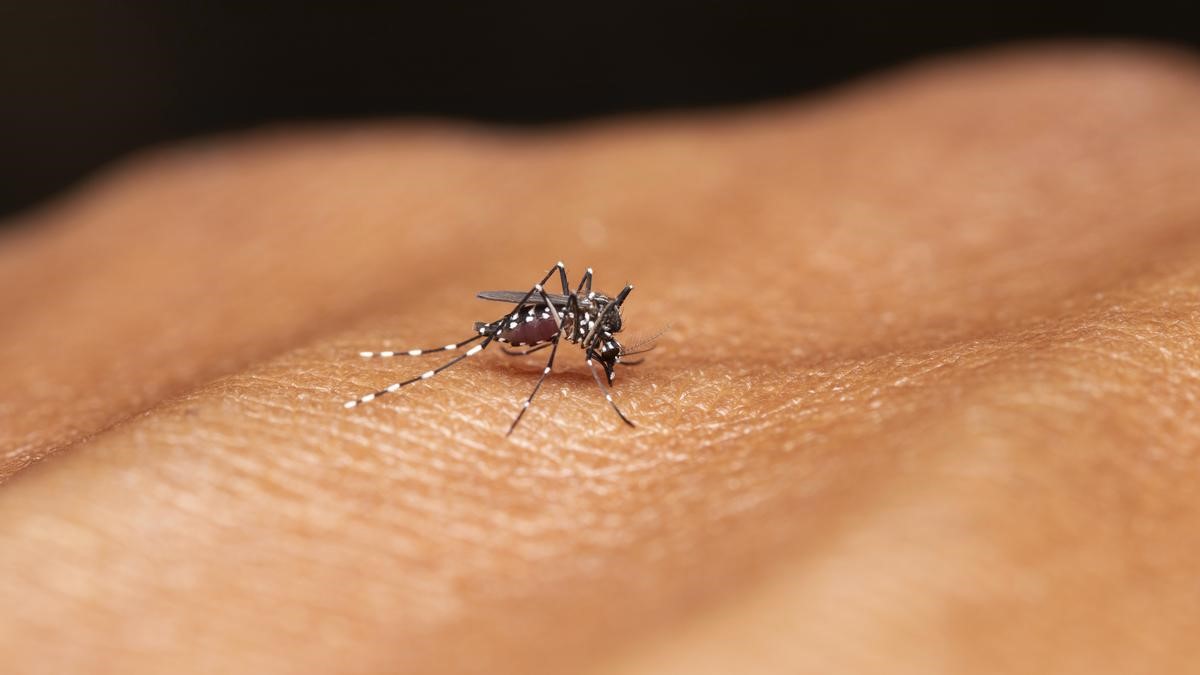Description

Copyright infringement not intended
Context: International trade of two new hazardous pesticides — Iprodione and Terbufos — has been recommended for “prior informed consent” (PIC) procedure under Rotterdam convention. The chemicals are dangerous for humans and aquatic animals.
Details:
- The PIC procedure is a mechanism for formally obtaining and disseminating the decisions of importing parties on their willingness to receive future shipments of hazardous chemicals.
- In India, the use of these chemicals was permitted by the 2015 Anupam Verma committee report. The country is among the largest exporters of Terbufos.
- The recommendations were made by the Chemical Review Committee on September 22, 2022 at the 18th meeting of the Rotterdam Convention’s Chemical Review Committee (CRC 18) held at Rome, Italy.
- Iprodione, a fungicide used on vines, fruits, trees and vegetables, has been classified as carcinogenic and toxic for reproduction.
- Terbufos is a soil insecticide used commonly on sorghum, maize, beet and potatoes. It has also been found to pose risk to aquatic organisms due to its toxicity.
- Both the pesticides, which are used in agriculture, are known for their harmful impacts on human health and the environment.
- The 17th meeting of the chemical review committee had recommended these two pesticides for listing in Annex III to the Rotterdam Convention and had decided to prepare the decision guidance documents after that.
- Annex III includes pesticides and industrial chemicals that have been banned or severely restricted for health or environmental reasons by two or more parties.
- After being included under Annex III of the Rotterdam Convention, the chemicals are subject to the prior informed consent (PIC) procedure.
- The list will include 54 chemicals after Ipridione and Terbufos are added to it.
- Rotterdam Convention was adopted on 10th September 1998 by a Conference of Plenipotentiaries in Rotterdam, Netherlands and entered into force on 24th February 2004.
- It covers pesticides and industrial chemicals that have been banned or severely restricted for health or environmental reasons by Parties and which have been notified by Parties for inclusion in the Prior Informed Consent (PIC) procedure. The Convention creates legally binding obligations for the implementation of the Prior Informed Consent (PIC) procedure.

https://www.downtoearth.org.in/news/agriculture/rotterdam-convention-international-trade-of-2-hazardous-pesticides-recommended-for-prior-informed-consent--85130












